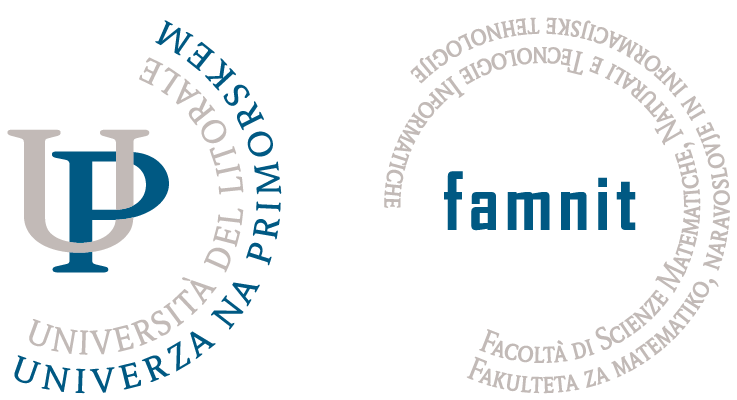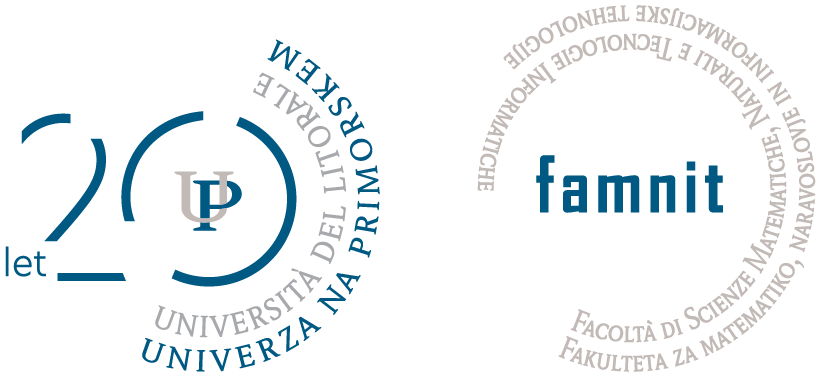V ponedeljek, 17. julija 2023, bo ob 17.00 uri izvedeno
predavanje v okviru PONEDELJKOVEGA SEMINARJA RAČUNALNIŠTVA IN INFORMATIKE
Oddelkov za Informacijske znanosti in tehnologije UP FAMNIT in UP IAM.
ČAS/PROSTOR: 17. julij 2023 ob 17.00 na daljavo prek ZOOM-a
(https://upr-si.zoom.us/j/297328207?pwd=S3Zpdk1VR3pjckNtWkQwKzlvcDR5UT09)
—————————————————
PREDAVATELJ: Aleksandar AVDALOVIĆ
—————————————————
Aleksandar Avdalović is a second-year student of the master’s program Data Science at UP FAMNIT. He will be presenting his Master’s thesis topic that he is completing under the supervision of Prof. Mário Alberto Zenha-Rela and Prof. Raul Barbosa from University of Coimbra and co-supervision of Prof. Marko Tkalčič from UP FAMNIT.
——————————————————————————————————————————————————
NASLOV: Translation of random forests to loop-free imperative programs for the purpose of formal verification
——————————————————————————————————————————————————
POVZETEK:
Throughout the years of society’s digitalisation and transformation, the ethics of AI/ML-dependent critical systems have been continually questioned. In the use of such systems, accuracy may not be a valid metric because machine errors can lead to devastating consequences, including the loss of human life. This thesis takes a narrow approach to the aforementioned problem, namely the formal verification of the incredibly effective and widespread supervised learning method of today, random forest. Using the first-order logic statements and algorithm developed in this study, we intend to determine if the model has acquired factually-grounded prior knowledge. In other words, we wish to confirm that the model is reliable in light of prior knowledge. The translation of the random forest algorithm into a loop-free imperative program for verification purposes provides a technical challenge for this task. The core of the thesis is the algorithm provided in response to the research question of whether an algorithm for described translation exists. We shall construct the algorithm and ensure its correctness by rigorously testing it with various datasets, including those later used for verification and artificially generated datasets with different shapes and numbers of classes. Additionally, we will evaluate its efficiency and demonstrate its application on three datasets (one dataset from Cardiology and two datasets from Rheumatology). Another research problem will be practical, examining if the model has acquired particular prior knowledge in the fields of Cardiology and Rheumatology given the data. Results demonstrate that such an algorithm can be created and is highly efficient and that it can be applied realistically in the health sector to validate ML models based on the random forest algorithm.
Seminar bo potekal v angleškem jeziku, tokrat na daljavo prek Zoom-a
(https://upr-si.zoom.us/j/297328207?pwd=S3Zpdk1VR3pjckNtWkQwKzlvcDR5UT09)
Vabljeni!

